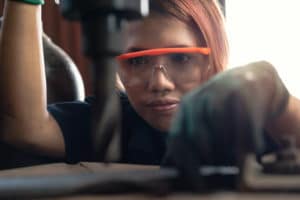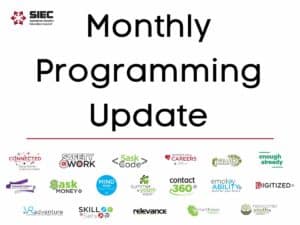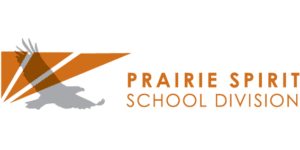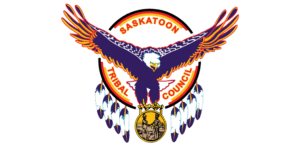Thanks to Annette for being our first guest blogger! Her insight is very relevant to the challenges people in our province have faced, and they are extremely relevant to our Science & Technology week.
Hi there, my name is Annette Gaudet, and I am in my third-year animal bioscience student at the College of Agriculture and Bioresources. The pandemic has changed the world and made us more aware of things such as social distancing, Personal Protective Equipment (PPE), etc.
While people flocked to stores to stock up on toilet paper and PPE, farmers carried on in their fields, feeding animals and seeding fields. As the pandemic carried on, and people stayed in their homes for weeks, sometimes without work, the agricultural community did not stop. After all, crops still needed to be seeded and harvested for food to be served on the tables. Though the basis of many agricultural related jobs did not change—cows still calved, and plants still grew—the orientation of many other jobs in the agricultural world shifted.
There was an odd understanding on most farms between employees and employers. Everyone needed to be on the same page as far as precautions went. If someone did not or could not come into work because of COVID, it could potentially shut down production during a critical time.
In the summer of 2019, I was lucky enough to get hired at a family–owned dairy barn. I had hoped that I would work there in the summer of 2020 as well, though when COVID hit, I was left unsure. Like many students, I nervously called up my bosses to assure that my job was “essential“ and that I would still have work this summer.
“As long as you understand that if one of us gets COVID, we are all quarantining together at the farm and getting through this together.” she replied. It made sense. After all, if one of us got sick, the cows wouldn’t just magically stop production while we quarantined. It would be a team effort to get through the pandemic while keeping the cows the main priority.
More so on the agricultural supply chain, other jobs were forced to take their business and transform it to be able to accomplish the same jobs remotely. Field assessors, who regularly held very close relations with the farmers, had to take more precautions. Parts were picked up remotely using all precautions possible.
Other changes within the agricultural community were the packing plants shutting down due to COVID outbreaks; this led to a shortage of places for farmers to send in their animals, causing an economic loss of having to keep animals longer. With many restaurants and such being shut down, dairy farmers found themselves with an excess of milk production, which needed to be disposed of. Though these cases caused panic, producers managed their herds and did as much as possible to provide the same care throughout production.
This is the nice thing about the agriculture industry; though the jobs may change and differ in different circumstances, there will always be jobs. So long as there is a need for food, be it bread, steaks, fruits, vegetables, there is a need for the agricultural community.
Visit our Spotlight on Careers page for further information and resources.





